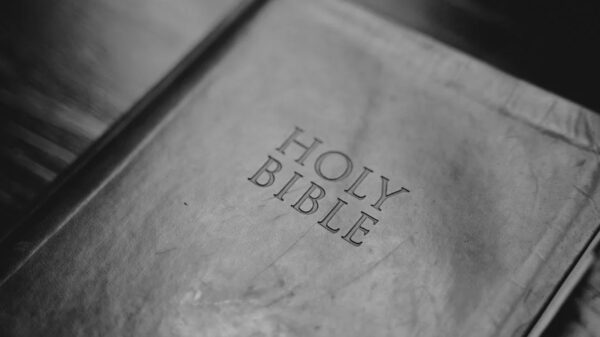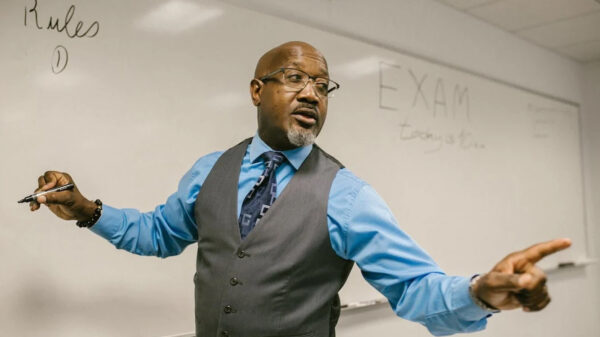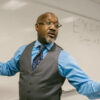
Firsthand Experience
Eyewitnesses include descriptions of events and occurrences that they personally observed and experienced.
Firsthand Access
Eyewitnesses include descriptions of events and occurrences that they did not personally observe, but were aware of on the basis of information given to them by someone else at the time.
Firsthand Knowledge
Eyewitnesses include descriptions of general cultural conditions and truths that were a part of the common knowledge of the time, even though they had no direct experience or observation upon which to rely.
It’s true that in most criminal court settings, “firsthand experience” and “firsthand knowledge” are typically the only areas of testimony that are admitted as evidence. Testimony related to what I call “firsthand access” is generally considered to be hearsay (because the original source for this information is unavailable for cross examination). But this does not mean that information in this category is untrue or invalid. There are a number of conditions in which hearsay is admissible in criminal cases, but beyond that, the hearsay standard in criminal trials is narrowly designed to provide the highest possible protection for those being accused of a crime. We would rather set one hundred guilty people free then falsely convicted one innocent person. For this reason, we want to be able to vigorously cross examine witnesses who are providing accusatory information.
But this high standard associated with hearsay testimony is completely unreasonable when examining the claims of eyewitnesses related to historical events. Once an eyewitness of an historical event dies, everything that witness claims is no longer open to cross examination. Under the criminal court standard for such testimony, we would have to ignore anything that can’t be offered by a living eyewitness (and therefore vigorously cross examined). If we applied this standard to our personal lives, none of us could have confidence in our own family history beyond the generation of living parents and grandparents. That’s an unacceptably high standard when examining the claims of eyewitnesses related to historical events. Eyewitnesses provide information in light of their own personal experience and observation, their own access to information from other living eyewitnesses, and their own intimate knowledge of the culture in which they live. I find this to be true in every case I have ever worked. The fact that an eyewitness would choose to provide information from “firsthand access” does not discredit what they are providing from “firsthand experience” or “firsthand knowledge”. In fact, the inclusion of additional details simply provides the investigator with more data to investigate, corroborate and elaborate to the jury.

J. Warner Wallace is a Dateline featured Cold-Case Detective, Senior Fellow at the Colson Center for Christian Worldview, Adj. Professor of Christian Apologetics at Talbot School of Theology, Biola University, author of Cold-Case Christianity, God’s Crime Scene, and Forensic Faith, and creator of the Case Makers Academy for kids.
Subscribe to J. Warner’s Daily Email
J. Warner Wallace is a Dateline featured cold-case homicide detective, popular national speaker and best-selling author. He continues to consult on cold-case investigations while serving as a Senior Fellow at the Colson Center for Christian Worldview. He is also an Adj. Professor of Christian Apologetics at Talbot School of Theology, Biola University, and a faculty member at Summit Ministries. He holds a BA in Design (from CSULB), an MA in Architecture (from UCLA), and an MA in Theological Studies (from Gateway Seminary).









































Pingback: The Apostles Wrote the Gospels as Eyewitness Accounts | Cold Case Christianity
Pingback: The Case for the Eyewitness Status of the Gospel Authors | Cold Case Christianity
Pingback: Are the Gospels Eyewitness Accounts? (Cold-Case Christianity Broadcast #3) | Cold Case Christianity
Nesrin Aljabra
January 11, 2021 at 7:21 am
Question: How do eyewitness accounts play a role in the writing of the gospels?